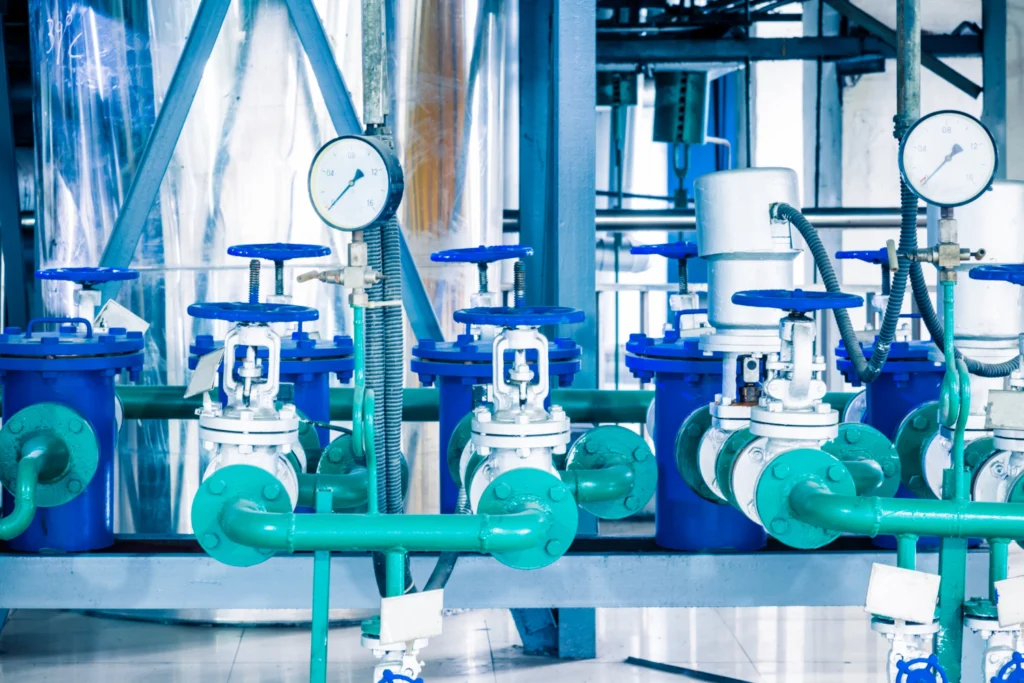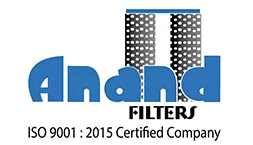
How Hydraulic Oil Filtration Systems Improve Equipment Performance
A filtration system is essential when working with hydraulic power units and other industrial machinery to maintain the durability of your hydraulic system and keep your unit operating efficiently. A complicated web of pipes, hoses, and valves makes up a hydraulic system. These systems are becoming more and more sophisticated and persist for decades. Pumps and reservoirs are examples of modern hydraulic system components that require hydraulic oil filters, valves, and actuators.
Due to their mechanical nature, these systems experience substantial damage on their moves, which can result in problems like contamination and inefficient filter oil.
Therefore, your hydraulic systems must have the appropriate hydraulic oil filtration systems for filtering equipment. Numerous impurities that may otherwise impair system performance or seriously harm your equipment are eliminated by these filters.
Types of Hydraulic Oil Filtration Systems
Most systems use a variety of filters dispersed throughout their system to increase the effectiveness of hydraulic fluid filtering. These filters can take many different forms:
1.) Offline Filtration System
External devices that function apart from the primary hydraulic system are offline filtering systems. To pump fluid from the reservoir through the filter and back to the reservoir directly, they include separate pump and piping components.
2.) Return Line Filtration
Hydraulic return lines carry hydraulic fluid back to the reservoir after completing its task. Return line filters are deployed there. These filters’ purpose is to collect impurities that might have gotten into the system while running. In doing so, it keeps particulate pollutants out of the reservoir and the fluid circulation system.
3.) Suction Filtration
Suction filters are installed at the hydraulic pump’s inlet. Their purpose is to capture bigger particles or trash before they reach the pump, averting possible harm to the pump and other parts of the system. These filters aid in preventing particle damage to your hydraulic pump.
4.) Pressure Filtration
The hydraulic system’s pressure line is equipped with pressure filters. Their purpose is to hold the pressure in the system while capturing impurities. There are several pressure filters, such as spin-on and cartridge filters. These are extremely useful for safeguarding delicate parts.
Why Cleaning Hydraulic Oil Filtration System Matters
Maintaining the system at its best effectiveness and preventing contamination require routine maintenance. To maximize uptime and minimize repair costs, this is essential. One essential aspect of regular maintenance is changing and inspecting filters regularly. The hydraulic filter loses its ability to filter pollutants from the hydraulic oil when it gets clogged. Periodically change hydraulic oil filtration systems to maintain clean oil and ensure optimal system performance.
Benefits of Using Hydraulic Oil Filtration Systems
Some of the advantages that hydraulic oil filtration systems offer are:
- Removal of contaminants
The purpose of hydraulic oil filters is to eliminate solid pollutants such as metal fragments, dirt, and debris. Component damage from these pollutants might result in expensive repairs and lost production time. Some of these filters have the additional ability to extract water from the oil in addition to particles.
- Higher system effectiveness
By ensuring that parts move smoothly and without excessive friction, hydraulic oil filtration systems promote effective operation. As a result, energy consumption is decreased, and system performance is enhanced. Furthermore, filtration aids in preserving constant pressure levels in the hydraulic system.
- Long-lasting components
Pumps, valves, cylinders, and motors are among the system components that can experience less wear and tear if the hydraulic oil is filtered. It lowers the overall maintenance expenses and prolongs the life of these pricey items. The filtration step is essential because of a significant factor that is still present. Hydraulic oil contaminants may cause abrasive wear on moving parts. As a result, adequate filtration reduces this abrasion and stops further damage.
- Improved dependability
Hydraulic system breakdowns are less likely when clean oil is used. It guarantees that the specific equipment is running steadily and dependably. By keeping the hydraulic system’s performance within predetermined bounds, hydraulic oil filtration contributes to the system’s dependability and predictability.
- Lower maintenance costs
For enterprises, using hydraulic oil filtration systems results in significant cost savings. Reduced maintenance costs, longer equipment lifespans, improved energy efficiency, and a drop in unscheduled downtime are the sources of these savings. These continuous savings swiftly cover the original investment in hydraulic oil filtration systems, making it a prudent and profitable decision for sectors that depend on hydraulic machinery.
Factors to Consider When Choosing a Hydraulic Oil Filtration Systems
In many different sectors, choosing the appropriate filtration system is crucial. It can take time to select the best filtration system. When selecting a filtration system, consider these essential criteria:
- Control of Contaminants
The principal purpose of a hydraulic oil filtration system is to control contaminants. Particles, water, and air can pollute hydraulic fluids. The degree of contamination in your hydraulic system and the size of the particles you need to remove should be considered when selecting a filtering system.
- Rate of Flow
The gallons per minute (GPM) flow rate is a crucial consideration when choosing a hydraulic oil filtering system. To avoid pressure dips, which can lower equipment efficiency, the system’s flow rate should be equal to or higher than the flow rate of your hydraulic system.
- Maintenance Considerations
Filtration systems that require little maintenance or have longer service intervals are favored in sectors like manufacturing and automotive, where equipment downtime can be expensive.
Conclusion
Any system that uses pressurized fluid to power its components must have hydraulic oil filtration systems. Without the proper filter, dirt and other impurities can cause serious harm to your equipment and cause further issues. Maintaining the optimal condition of your hydraulic system is made more straightforward when you comprehend the functions of these filters and their necessity.

